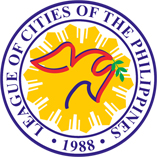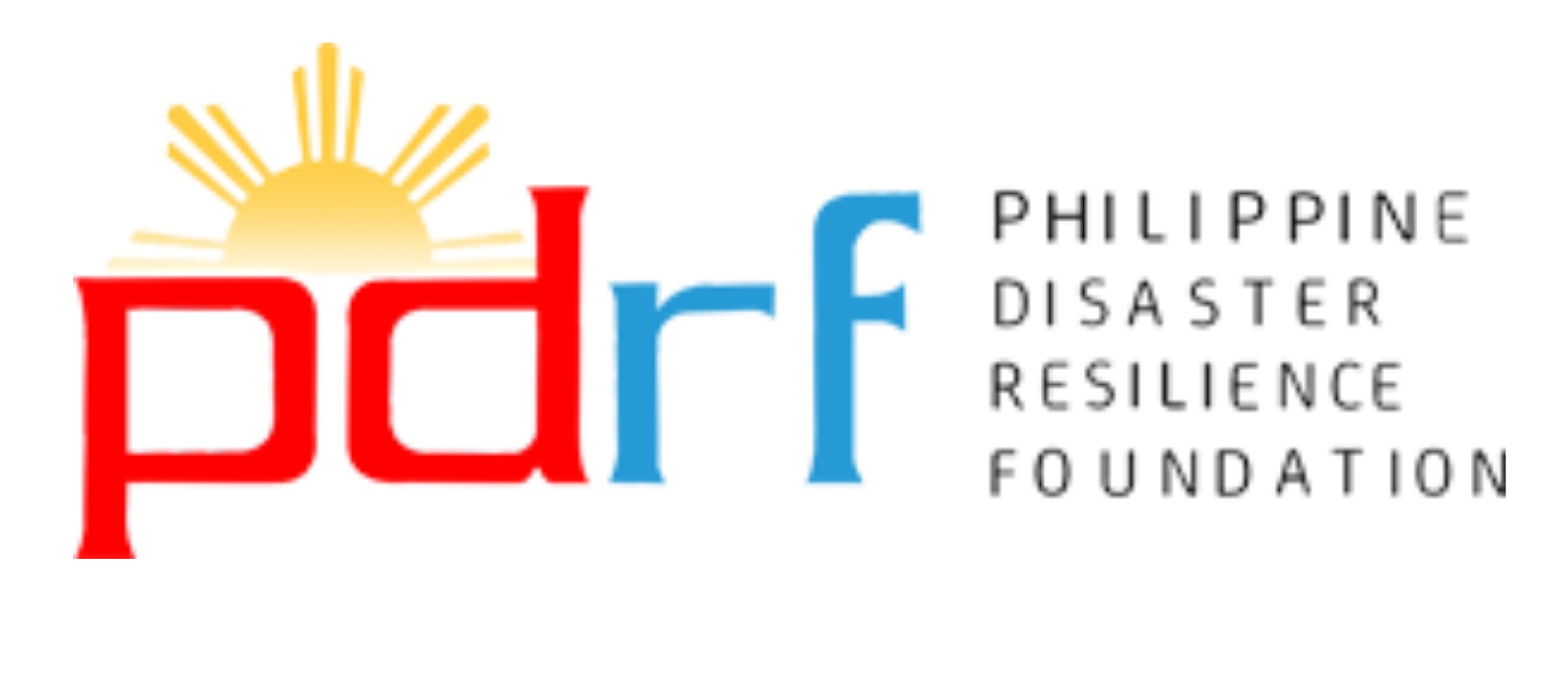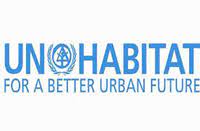Doctors and healthcare experts urge governments to prioritize community-wide immunization against vaccine-preventable diseases
Globally, there has been an alarming rise and reported outbreaks of flu, polio, measles, and dengue. According to WHO, vaccination currently averts 2 to 3 million deaths annually and could save 1.5 million more if global coverage of vaccinations improved. However, despite vaccination efforts, citizen reluctance, supply-side chain issues, and lack of communication are ongoing challenges faced by the healthcare sector.
Liveable Cities Philippines, in partnership with Sanofi, recently organized another Special Health Lab, "Boosting Immunization through Technology and Innovation," with doctors and healthcare experts highlighting the importance of prioritizing community-wide vaccination in public health systems. The webinar was joined by Dr. Alfonso Miguel Regala of DOH Philippines, Dr. Anna Ong-Lim of UP-Philippine General Hospital, Dr. Rontgene Solante of San Lazaro Hospital, and health tech entrepreneur Ernest Troyss Pilapil of CareGo Philippines.
Dr. Rontgene Solante and other healthcare experts urged local government units to plan and create adult and childhood immunization programs in their public health agenda. “Vaccination must be a standard of care in the aging population since adult vaccinations prevent and reduce mortality, hospitalization, and death among adults,” said Dr. Solante, Chief of San Lazaro Hospital’s Adult Infectious Diseases Department.
On the other hand, Dr. Anna Ong-Lim of UP-PGH’s Pediatrics Department also discussed the importance of vaccinating children to eradicate life-threatening diseases such as polio, measles, and pneumonia. In 2020-2021 alone, DOH statistics showed higher rates of unvaccinated children compared to a fully-immunized cohort - almost a year of child population susceptible to vaccine-preventable diseases; consequently, making them a possible source of new outbreaks for both children and adults.
Dr. Alfonso Miguel Regala of DOH Philippines showed the economic, health, and social risks that individuals and communities will be exposed to when vaccination is not a priority, “Poor health outcomes will only lead to less productive systems. It is a result as well as a cost that is associated with our declining rates of vaccination. Immunization saves lives, prevents diseases, and reduces direct and indirect health costs.”
To achieve local immunity, Dr. Lim recommended the following medium to long-term solutions: improve the planning of vaccine requirements, expand to private sector delivery channels, allow more health cadres to provide routine vaccination, invest in cold and supply chains, and re-design procurement practices. Besides improving access to vaccines, proactive communication strategies and mass media campaigns must be implemented to address vaccine hesitancy. To boost immunization efforts, Troyss Pilapil introduced and founded health tech startup CareGo, an SMS-automated nudge system that sends vaccine reminders to individuals - delivering health service awareness to its constituents through effective engagement and communication of a city’s vaccination and healthcare program.
“Consistent and relentless efforts are required to ensure that people have access to the right information and make the right decisions. Simple technological solutions, such as CareGo, can help induce or change health-seeking behavior. In doing such, we all have a social responsibility and role to play in building healthier, liveable cities,” Sanofi Philippines’ Kashmira Prabhu concluded in her closing remarks.
This Liveable Cities Lab was made in partnership with the League of Cities of the Philippines and Globe Telecom with support from Sanofi Philippines.











